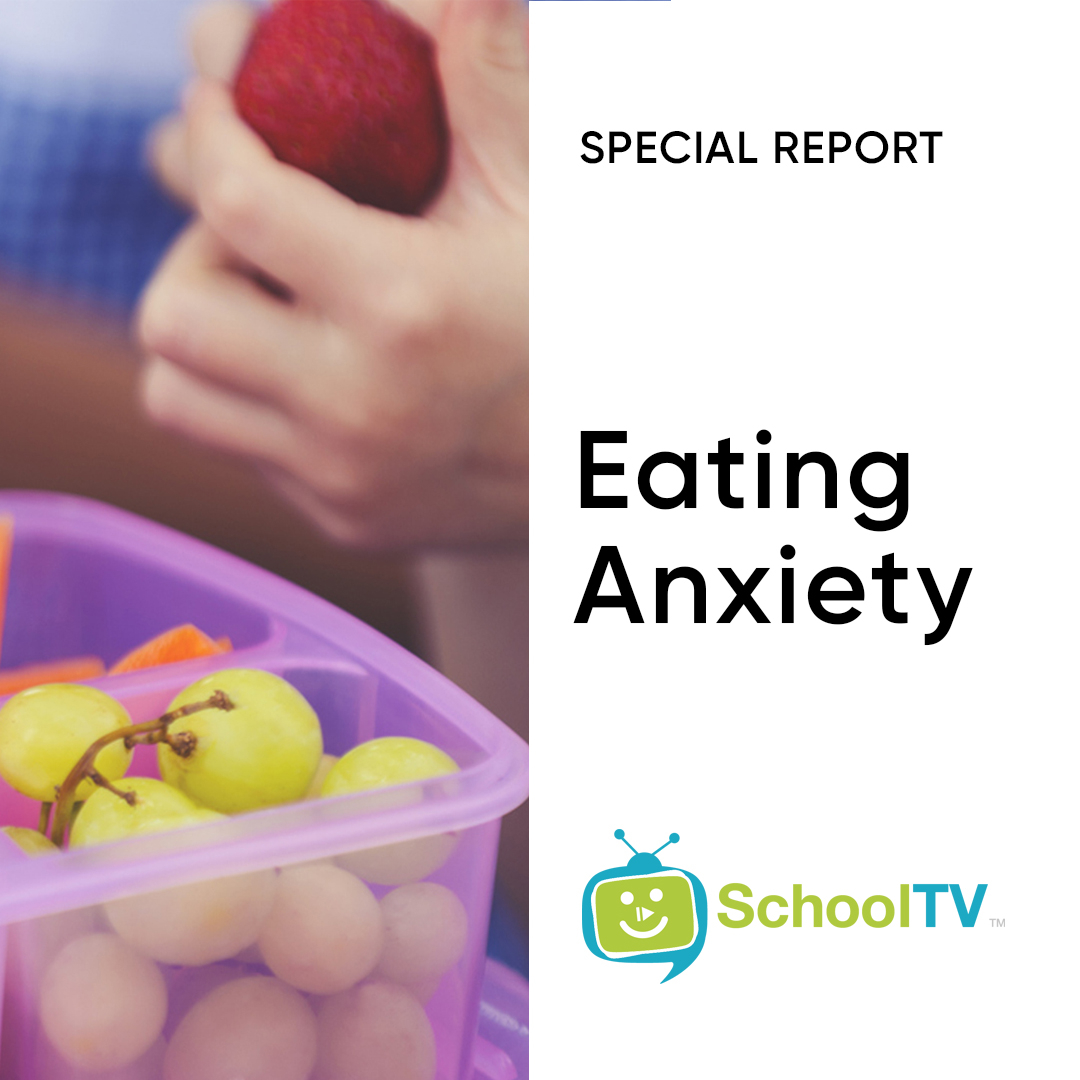The complexity of eating anxiety stems from a combination of social, psychological and environmental factors. Young people may develop this anxiety due to social pressures related to eating in front of others, fears about body image, or due to more ingrained issues such as eating disorders. Additionally, cultural norms or dietary restrictions can also play significant roles, as can direct experiences like bullying or teasing related to food choices or eating habits.
Whilst not a formally recognised condition, eating anxiety is a genuine and often overwhelming experience that can significantly hinder a young person's ability to participate in everyday activities comfortably. This condition can lead to serious nutritional deficiencies and social withdrawal, impacting overall health and academic performance.
Recognising and addressing eating anxiety is crucial for parents, carers and educators. Through education, policy changes and community support, we can help young people manage their anxieties and improve their relationship with food, thereby enhancing their overall wellbeing and social interactions.
This Special Report will help you understand how best to support a child experiencing anxiety around eating.


